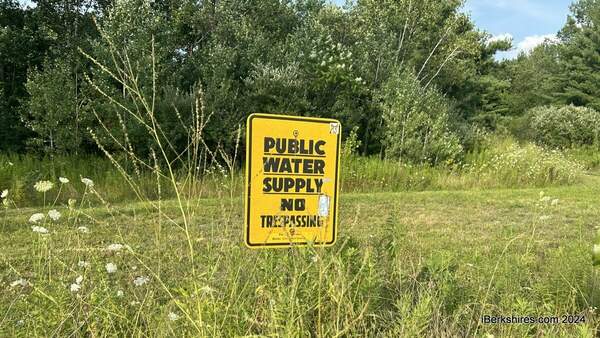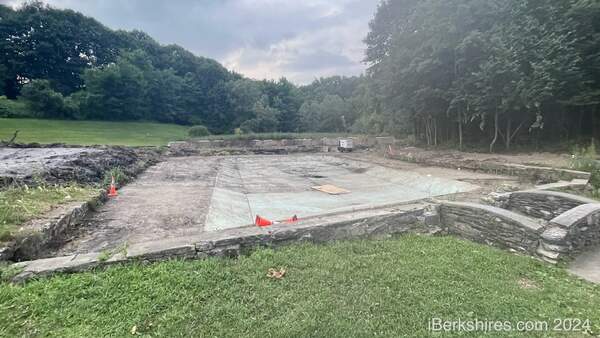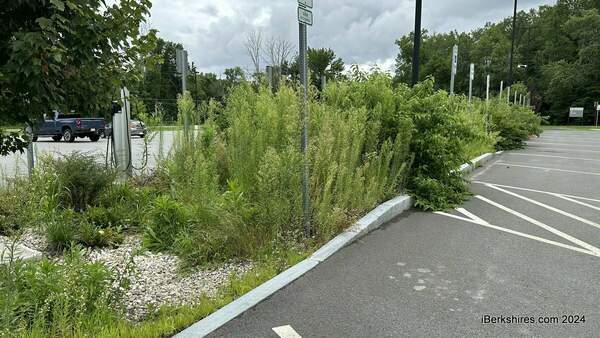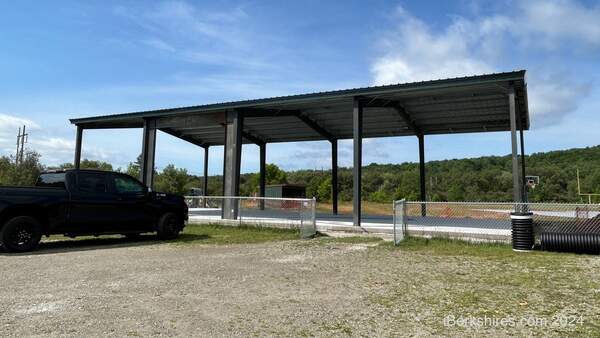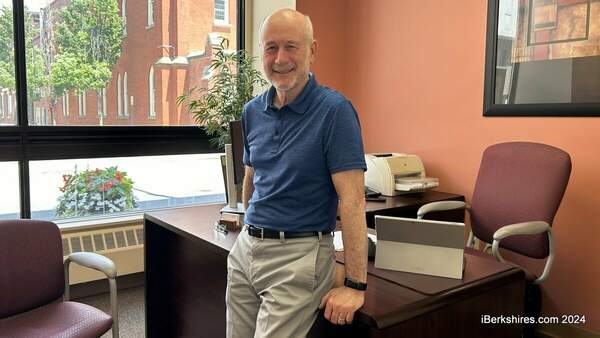BOSTON — The Healey-Driscoll Administration announced that Massachusetts agencies have requested clean energy investments for up to 78,500 low-income and affordable homes from the U.S. Environmental Protection Agency's Greenhouse Gas Reduction Fund, the largest single emissions reduction initiative in United States history.
A coalition led by the Massachusetts Department of Energy Resources (DOER), and including the Massachusetts Clean Energy Center (MassCEC), MassHousing, and Boston Housing Authority, submitted the state's application to the Solar for All competition for $250 million. In parallel, the Massachusetts Community Climate Bank, based at MassHousing, submitted the requisite information on possible projects in Massachusetts to the non-profit applicants eligible for the National Clean Investment Fund (NCIF). This submission would cover 28,000 affordable rental homes. Together, the projects identified for these two competitions represent substantial potential investment in clean energy upgrades for low-income and affordable housing across Massachusetts.
"The Inflation Reduction Act created a generational opportunity for funds for states, and Massachusetts will compete for every available dollar to achieve our ambitious clean energy goals. We're grateful to the Biden Administration and our Congressional delegation for making these historic funds available," said Governor Maura Healey. "With our Greenhouse Gas Reduction Fund projects, we will build a clean energy future that ensures the benefits of solar energy and decarbonized buildings are shared by the residents historically burdened by high energy costs and environmental injustice."
The state's actions reflect a strategic collaboration between energy and housing agencies, highlighting the Healey-Driscoll Administration's whole-of-government approach to address climate change. The Solar for All and NCIF funds will combine the state's solar energy and building decarbonization expertise at DOER and MassCEC with the housing finance and development expertise of MassHousing and Boston Housing Authority. In addition, the collaboration leverages the state's creation of the Massachusetts Community Climate Bank in June 2023.
The U.S. EPA's Greenhouse Gas Reduction Fund will allocate $27 billion through three separate competitions to invest in clean energy projects in environmental justice communities. States are eligible to compete directly in the $7 billion Solar for All program to accelerate solar energy deployment in low-income communities. The $14 billion NCIF will award funds to 2-3 non-profit intermediary organizations with which all states must coordinate a pipeline of potential investment projects.
In its Solar for All application, DOER proposed to incentivize solar energy installation for a wide variety of types of low-income and affordable housing. The application for $250 million leverages Massachusetts' extensive track record developing an ecosystem of solar energy deployment programs and extends the benefits of solar energy to communities that have not benefited from past state programs. Based on dozens of meetings with key stakeholders from solar development, environmental justice, labor, and community development groups, DOER developed a coalition application comprised of the MassCEC, MassHousing, and Boston Housing Authority to address the different types of low-income and affordable housing that exist across Massachusetts. In particular, the coalition leverages MassCEC's experience in administering the state's previous solar loan program, MassHousing's role as a financial partner for privately owned affordable housing and Boston Housing Authority's role in coordinating investment opportunities for municipal housing authorities across all of Massachusetts. The proposal estimates over 48,500 low-income and affordable households could be served by Solar for All in Massachusetts. Over 80 stakeholder organizations provided letters of support, including the Massachusetts Building Trades Union and the International Brotherhood of Electrical Workers.
The NCIF applicants included five consortia of non-profit organizations, each with their own proposed investment program. The Massachusetts Community Climate Bank provided information about potential projects to each applicant for inclusion in the pipeline of potential NCIF investments. The Climate Bank offers NCIF coalitions the ability to deploy federal funds quickly, in priority communities, and at scale. The Climate Bank is offering NCIF coalitions a universe of 28,000 affordable rental homes that are eligible to be retrofitted with EPA funding over the next five years. Providing this information makes it more likely that the awardee would invest in projects in Massachusetts. The Climate Bank offers NCIF coalitions the ability to deploy federal funding, at scale, in projects prioritized by the EPA.
| If you would like to contribute information on this article, contact us at info@iberkshires.com. |

